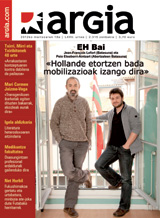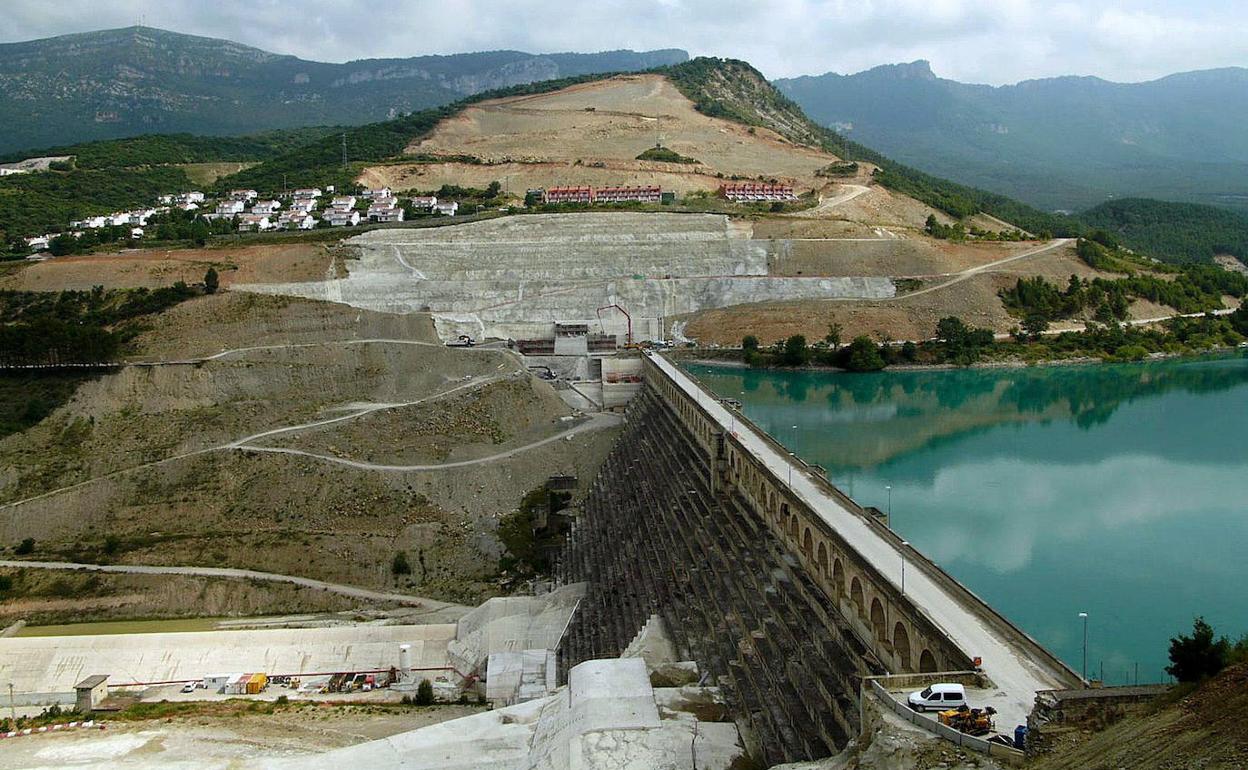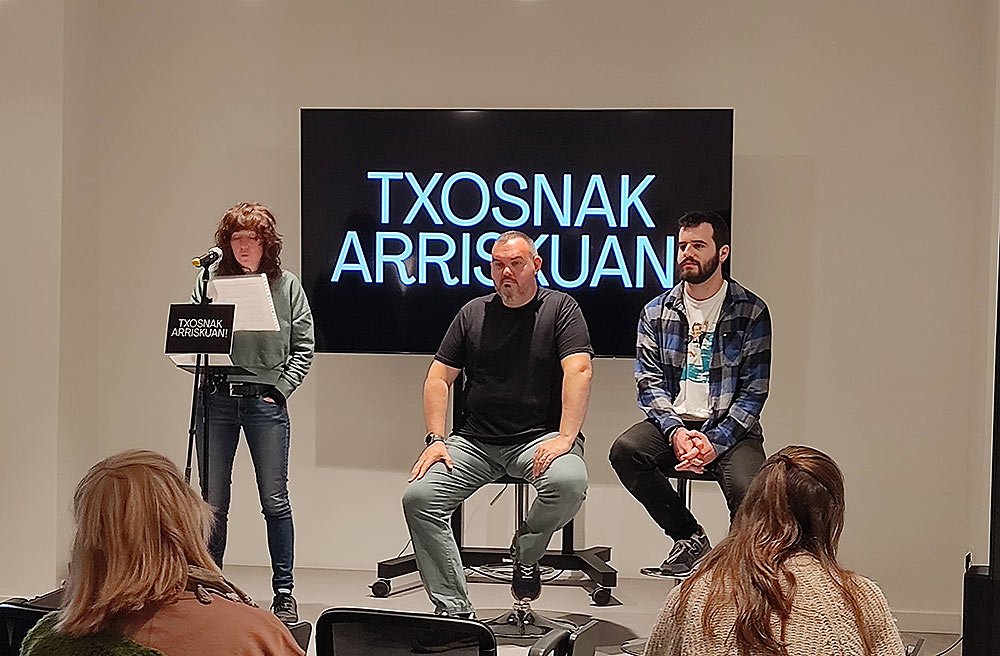Six quotations looking for authors

When I'm melancholic, what I remember most is my mother. Again, I got bad news, and for the first time in a long time, I felt the urge to call it instinctively. I was amazed at the proximity of necessity. I'd like to be able to feel your support in some way.
There was a time when I had the temptation and almost the project of writing a book called Amari, which at first wanted to be composed of poems dedicated to my mother, but right away, because the closeness of feeling prevented me from measuring the quality of the work, without a poem about it, which would remain as a tribute, only with the title. However, to justify my name, I had to find a proper date. Amari, in Latin, means “being loved.” The book would show the reverse of love (passive aspect). The quote he came up with, “Si vis amari, ama” (If you want to be loved, love), was a clear copy of a famous phrase: “If vis pacem, for bellum.”
There was only one missing person to attribute the quotation. The easiest thing, given what he wrote, was Seneca. Knowing that this was the phrase given by Séneca, I found it implausible that he had written to Lucilio in letter 9. But I wasn't so surprised that Seneca read everything, saw everything and said everything, as Jacques Dutronc almost sang: “J’ai tout lu, tout vu, tout bu” (Read everything, see everything, I have drunk everything).
By the way, I have tried to find the origin of this letter from Dutronce, which I think I have read elsewhere, that of Mrs de Sevigné, I would say. But the closest I have found, expressed in third person, is the beginning of a text by La Bruyère: “You’ve read everything, you’ve seen everything.”
What seems clear is that everything is said. The only contribution I have been able to make to the Basque literature by chance, the line “everything is said, but not me”, is the formulation of an obviously unthinkable issue on which merit, if I have to be consistent, I cannot give it to myself. I still haven't found anyone to say it. From here I would like to ask for the collaboration of the citizens to look for the author of the quotation and to clarify my literary insignificance.
I am aware of the difficulty, if we have to pay attention to literality. Even Borges, the great speaker, did not always get the right words right. I confessed in a poem. “I cite Virgilio badly” (I mention it badly or – as Juan Garzia compelled Borges upon returning). A forewarned error, sought, can be one of the keys to poetic cultivation. Borges can boast, at least once, that he spoke of the moon, which improved Virgil, in what he told me he had not mentioned well.
And it's not easy, because one of the most cited authors in history is Virgil, verse always live. I've found very strange mentions, from Virgil. Dylan Thomas gives us in a poem this surreal line: “The white bear quoted virgil” (The white bear mentioned Virgil). I just knew where Thomas got the picture from and took it to Anatole France, a young woman hated by surrealists. In the novel The Island of Penguins: “On a block of ice (...) a bear sat, with her calf in her arms, and Mael heard him slowly murmur this verse of Virgil:Inicnp, parve puer. Then the old man, full of sadness and turmoil, cried.”
Inincentin, parve puer: Start, my little girl. I've searched for the continuation of the quote at Virgil's house. Intuit, parve puer, risu. It starts, my little girl, smiling.
Yes, mother, I'll try.
BRN + Neighborhood and Sain Mountain + Odei + Monsieur le crepe and Muxker
What: The harvest party.
When: May 2nd.
In which: In the Bilborock Room.
---------------------------------------------------------
The seeds sown need water, light and time to germinate. Nature has... [+]























